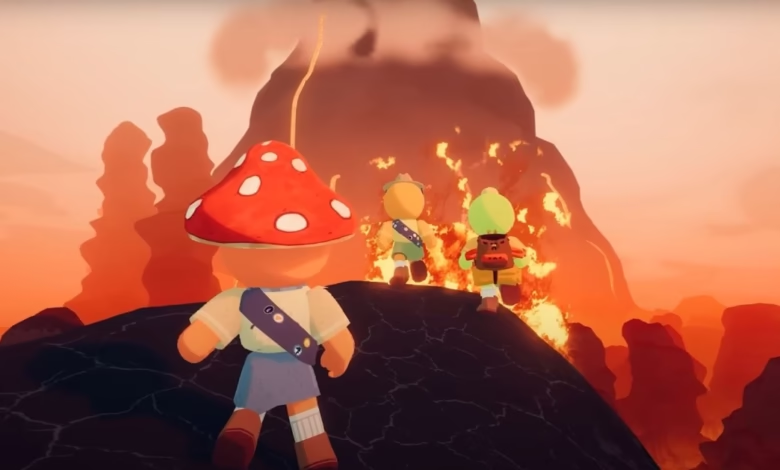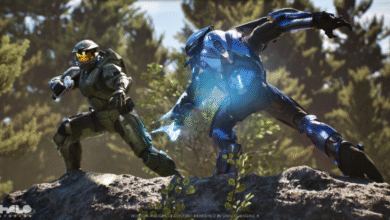From Canceled to Steam Success: How This Game Sold Millions

▼ Summary
– Aggro Crab canceled their sequel to *Going Under* due to creative differences, funding loss, and burnout, despite initial excitement.
– The studio pivoted to a small, fun project with Landfall Games, inspired by *Content Warning*’s quick development success.
– During a month-long game jam in Korea, Aggro Crab and Landfall developed *Peak*, a slapstick survival game about scouts on an island.
– *Peak* sold 1 million copies in a week and 4.5 million total, far exceeding expectations, despite minimal marketing and a low $8 price.
– The unexpected success of *Peak* led Aggro Crab to prioritize updates and new content, potentially reshaping the studio’s future approach.
The gaming industry thrives on unexpected success stories, and few are as surprising as the meteoric rise of Peak. What began as a creative detour for Aggro Crab after a canceled project became a viral sensation, selling millions within weeks. This wasn’t part of the plan, just a month-long game jam with friends that turned into a phenomenon.
Aggro Crab had hit a wall. After years developing Another Crab’s Treasure, their next project stalled due to creative differences and lost funding. The team felt burnt out, frustrated by a sequel that refused to click. Instead of forcing it, they made the tough call to scrap everything. That decision, though painful, opened the door to something far more exciting.
Seeking a fresh start, the studio teamed up with Landfall Games for an experimental sprint in Korea. Inspired by Landfall’s rapid success with Content Warning, they embraced a no-pressure approach: build something fast, fun, and commercially viable in just four weeks. The result? Peak, a chaotic co-op survival game where players scramble up procedurally generated mountains while battling hunger, wildlife, and, most dangerously, each other.
Development was intense. The team worked 15-hour days in a rented Airbnb, fueled by coffee and late-night brainstorming sessions. Early concepts shifted from an open-world survival game to the absurdist Peak, where scouts navigate slapstick disasters. The name itself was a joke that stuck, simple, meme-worthy, and impossible to ignore.
Released quietly for $8 on Steam, Peak exploded. A million copies sold in a week. Streamers and YouTubers latched onto its hilarious multiplayer chaos, while critics praised its clever stamina-based climbing mechanics, reminiscent of Breath of the Wild. The game’s charm lies in its unpredictability: one moment, you’re heroically carrying a teammate; the next, you’re sabotaging the group’s progress for sheer chaos.
The success stunned even its creators. Peak outsold Another Crab’s Treasure, a meticulously crafted, multi-platform title, by a landslide. Servers buckled under the demand, and a rushed patch accidentally broke the game entirely. Yet the momentum never slowed. Within a month, sales hit 4.5 million, proving that lightning can strike twice for indie studios willing to take risks.
What’s next? Aggro Crab and Landfall are now committed to expanding Peak. Localization and new platforms are in the works, along with fresh content updates. The game’s runaway success has reshaped both studios’ priorities, proving that sometimes the best ideas emerge from creative detours, not forced marathons.
For developers, Peak is a lesson in agility. By embracing constraints and leaning into fun, Aggro Crab turned a scrapped project into one of 2024’s biggest surprises. And for players? It’s proof that the most memorable games often come from unexpected places.
(Source: Polygon)





